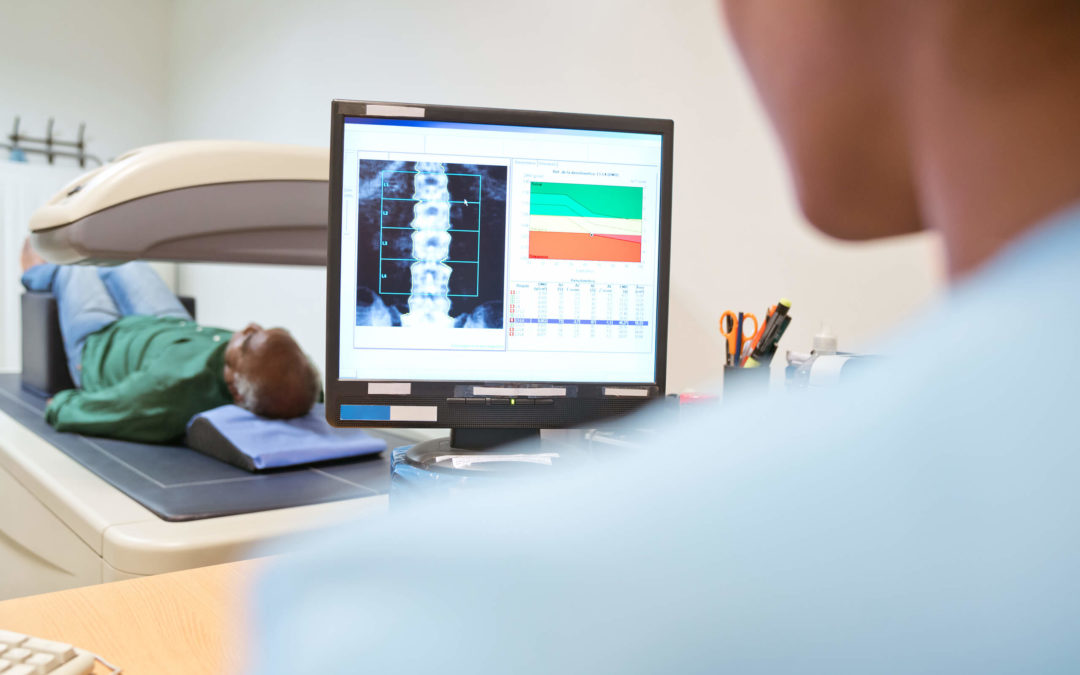Cervical cancer is spotted in women by performing Pap smears and HPV testing. Pap smears can detect abnormal cells early on making it easier for the cancerous cells to be terminated. Pap smears can be confusing especially to younger women, which is why we took the liberty of addressing common questions and concerns to help you along your journey through womanhood.
What is a Pap smear?
A Pap smear is a procedure to test for cervical cancer in women. A Pap smear consists of your gynecologist or family doctor gathering cells from your cervix and using them to test for any abnormal cells.
What are the benefits of having a Pap smear done?
Along with testing for abnormal cells to detect cervical cancer, a Pap smear may include a test for common STDs, most importantly HPV. In some cases, conducting an HPV test can replace doing a Pap smear depending on what is best suited for you.
What age should a Pap smear be performed?
Most doctors recommend starting testing at age 21. If you have any concerns or wish to do them earlier or later, we suggest speaking with your doctor and deciding what time is best for you to begin Pap testing.
How often should a Pap smear be done?
Pap smears should be repeated every three years for women ages 21 through 65. As you get older and your risk of getting cervical cancer is reduced, Pap testing can be done every five years if combined with HPV testing.
If you have health risks and are more susceptible to being diagnosed with cervical cancer, your doctor may recommend more frequent testing regardless of age. These risk factors include but are not limited to:
- HIV infection
- A history of smoking
- Exposure to diethylstilbestrol (a man-made form of estrogen) before birth
- Weak immune system because of an organ transplant, chemotherapy, or chronic corticosteroid use.
- An earlier diagnosis of cervical cancer
- A Pap smear that indicates precancerous cells
When can Pap smear testing come to a halt?
Pap smear testing can come to a halt when both your doctor and you feel there is no longer any risk for cervical cancer or HPV.
One reason may be if you have had a total hysterectomy, which is surgically removing your uterus and cervix. If your hysterectomy was removed due to noncancerous conditions, then you may be able to stop having routine Pap testing.
Another reason may be age. Doctors generally come to the consensus that women ages 65 and above may be able to stop having the procedure, especially if they have routinely done them for years beforehand.
Every situation is different, so talk with your doctor to see if continuing to have Pap smears is ideal for you.
What does Pap smear stand for?
The procedure is named after the physician who first discovered its benefits, Dr. Georgios Papanikolaou.
Pap smears are important for both your mental and physical health. They can detect early cancerous cells and seek out abnormal cells that may form in the early future. If you are thinking about scheduling your first Pap testing, you should consult with your doctor about the frequency of testing and any questions you may have.

